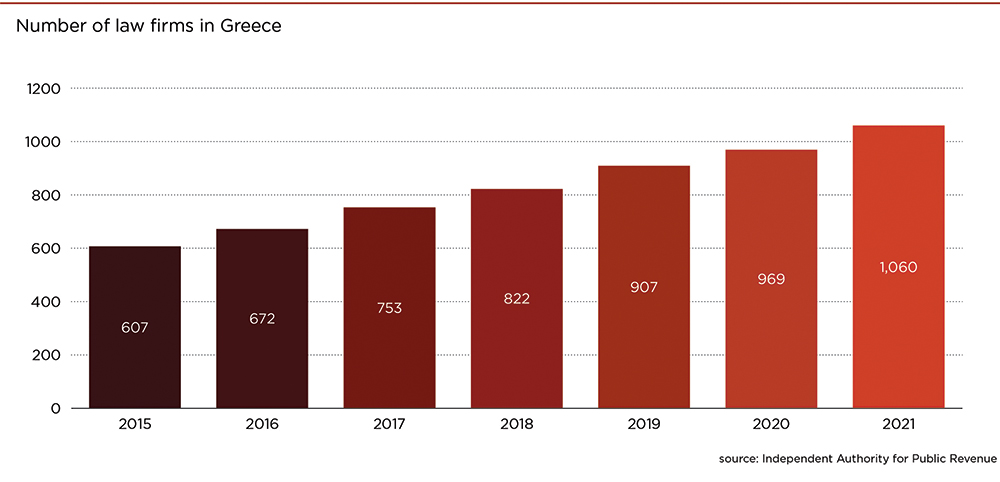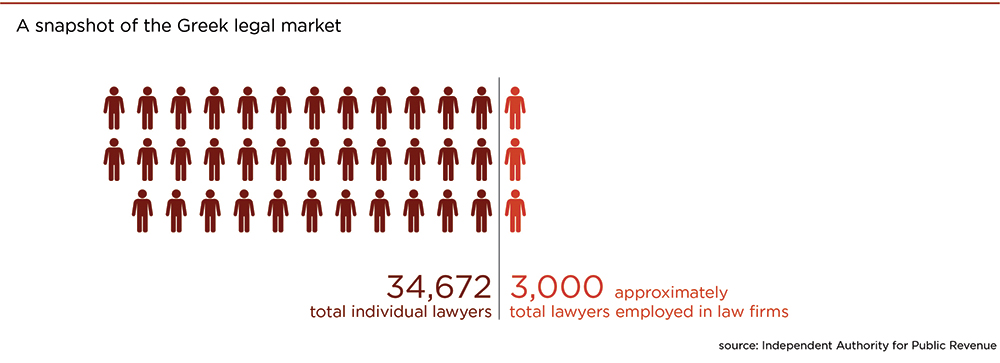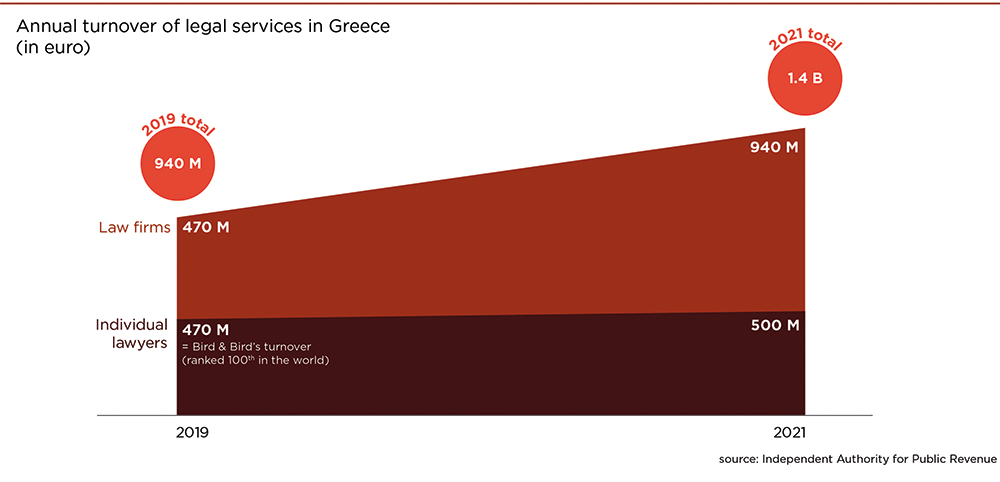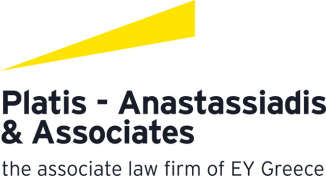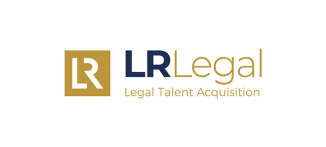Aaron Le Marquer and James Breese examine some of the key themes in insurance disputes over the past year and look forward to cases on the horizon in the coming year
Introduction
The world has seen turbulent times in recent years, and the insurance industry can perhaps be forgiven for struggling to keep up. Policyholders and insurers alike are grappling to understand and address a series of geopolitical events of increasing severity as well as the exponential evolution of novel risks, such as cyber and environmental, social and governance (ESG). When coupled with a global contraction of capacity producing a hard market, it is perhaps no surprise that the English courts have recently seen a marked increase in insurance coverage litigation.
This review examines some of the key themes seen over the past year and looks forward to cases on the horizon in the coming year.
Covid-19 business interruption (BI) litigation – the story so far
Since shortly after the first UK national lockdown in March 2020, a slow-motion avalanche of Covid-19 business interruption litigation has propelled insurance coverage to a more prominent position in the public consciousness than probably any time in the recent past. The reason is the scale of the problem: the entire nation was affected by the UK government restrictions in one way or another and by the FCA’s estimation, around 370,000 commercial policyholders, ranging from SME family businesses to FTSE100 giants, were directly affected by the insurance industry’s outright refusal to cover business interruption losses caused by the lockdowns.
The FCA was quick to act with a test case (FCA v Arch) launched within a matter of weeks after the commencement of the first lockdown. The case was fast-tracked to a Supreme Court judgment within approximately eight months. This resolved the coverage issues in favour of a majority of policyholders insured under various ‘non-damage’ BI extensions and overturned one of the only existing English authorities on business interruption coverage, Orient Express v Generali. FCA v Arch thus represented the most detailed examination of business interruption coverage in the English courts to date and initiated an entirely new line of common law authority in this field.
Although commenced against eight insurers and examining no less than 21 different policy wordings, it was always recognised that the FCA test case could never be comprehensive in light of the variety of wordings used in the market. Further litigation has inevitably ensued, testing points of coverage that fell outside the original test case and issues of construction going to the quantum of covered claims.
Significant decisions since FCA v Arch include:
- Rockliffe Hall v Travelers, which confirmed that disease clauses responding to a specified list of diseases, including ‘plague’, did not extend to cover losses caused by Covid-19;
- TKC v Allianz, which established that the loss of commercial use of premises caused by Covid-19 lockdowns did not amount to ‘loss of property’ within the meaning of a traditional damage-linked BI cover;
- Policyholders v China Taiping, in which Lord Mance applied the Supreme Court’s conclusions on concurrent causation in FCA v Arch to prevention of access clauses for the first time;
- Corbin & King v Axa, which applied Lord Mance’s reasoning in China Taiping to the Axa prevention of access clause, thereby departing from the Divisional Court ruling in FCA v Arch;
- Stonegate v MS Amlin, which tested aggregation of losses, post-policy period causation and treatment of government support, including furlough.
Covid-19 business interruption – the future
Despite the slew of decisions cited above, the story is far from over. In 2022, more Covid-19 BI claims were filed in the English courts than during the previous two years.
In 2023, at least two further grouped test cases are set to proceed, including:
- London International Exhibition Centre v RSA & ors, a set of six linked test cases, which will determine whether the Supreme Court’s ruling on concurrent causation applies equally to ‘at the premises’ disease clauses as to ‘radius’ disease clauses. This litigation may unlock coverage for many thousands of policyholders with previously declined claims, and
- Gatwick Investments v Liberty Mutual, a set of six linked test cases in which Liberty Mutual seeks to overturn Mrs Justice Cockerill’s decision in Corbin & King and reopen the question of coverage under prevention of access clauses.
Both of these cases are widely expected to proceed to the Court of Appeal, no matter the outcome at first instance, and it is thereby hoped that these proceedings will bring some finality to the issues at hand.
Other issues affecting yet further large cohorts of policyholders with outstanding claims include coverage of loss of rent claims presented by commercial landlords and damages for late payment of claims under section 13A of the Insurance Act 2015. Further litigation will undoubtedly be required to settle these points. The Covid BI coverage saga clearly has some way still to go, even before the reinsurance implications are considered.
Russia-Ukraine losses
Like the pandemic, the Russia-Ukraine conflict is a geopolitical event with ongoing global impact, albeit of a different nature, the implications of which for insurance coverage are only starting to emerge. The conflict has been ongoing for over a year, and beyond the terrible human consequences, the economic impact is evident in a number of insured sectors.
Aviation
One of the most immediate sources of significant insured loss has been the aviation sector. In March 2022, in response to the initial wave of sanctions imposed by the West in response to Russia’s invasion of Ukraine, Vladimir Putin signed a new law entitling Russian airlines to retain and operate aircraft rented from foreign lessors that were forced to sever ties with their Russian counterparties due to sanctions.
Total estimates of the number of lost aircraft range between 400-600, with a commercial value of between $10-$13bn. Amongst other avenues of redress, lessors have turned to their insurance policies (which tend to be a highly bespoke form of cover specific to the industry) in search of indemnification.
First out of the gates was Aercap v AIG. In its claim against two panels of insurers led by AIG and two Lloyd’s syndicates, Aercap seeks recovery of almost $3.5bn under two independent sections of its aviation policy, effectively two separate policies underwritten by different panels of insurers. Under its claim under section 1 of the policy, Aercap claims for wrongful deprivation of physical possession of the aircraft, which it claims amount to a total loss for insurance purposes. Aercap’s alternative case, if the losses are not covered under section 1, is that they are covered under section 3 of the policy, which provides express war risks coverage.
Following Aercap, at least five similar claims have been issued against various insurers by other lessors, essentially seeking to determine the same or similar issues. As a result, the Commercial Court has created a dedicated list for these aviation coverage disputes in the same way that it has for Covid-19 BI disputes, with a view to case managing the various proceedings in a coordinated and efficient way. Given the scale of losses under consideration, the cases will no doubt be hard-fought and will take some time to work through the full judicial process.
Political risk
The aviation sector is not the only industry to be directly affected by the Russia-Ukraine conflict and the response of the international community, including economic and trading sanctions. Global enterprises of all sorts have suffered severe losses from sudden legal and regulatory changes that have forced them to withdraw from Russia and/or affected their operations in other parts of the world.
Those with significant investment in Russia and/or Ukraine may well find that their losses, including from expropriation or deprivation of property, are wholly or partially covered under political risk policies issued or reinsured by London market insurers and will have notified claims for losses that may not yet have fully crystallised. The terms of such policies are generally not standardised, so these losses are unlikely to lend themselves to the type of test case litigation seen in the Covid-19 BI context. Nonetheless, the losses are self-evidently significant and their factual circumstances are complex. As a result, a wave of political risk litigation may follow the existing suite of aviation cases in relation to losses suffered in a diverse range of industries with Russian exposure, such as energy, infrastructure, construction and shipping.
Cyber
Another line of business affected by evolving war risks is the relative newcomer of cyber. Over the past 10-15 years, insurers have fallen over themselves to write this business and establish market share in what they see as a sector of major future importance. However, in more recent times, a hard market has seen an abrupt change in underwriting appetite, with reduced capacity and restricted terms available in the face of rapidly escalating risk.
With much talk of the possibility of cyber warfare emanating from Russia against Western supporters of Ukraine, the cyber market may have been alarmed by the decision of Superior Court of New Jersey in Merck v ACE in January 2022. In that case, the court found that the hostile/warlike action exclusion in various property policies did not prohibit coverage for the NotPetya cyberattack launched by the military arm of the Russian Federation against Ukraine. The court found that the terms of the exclusion were only intended to encompass traditional warfare and did not extend to cyber-attacks. Merck was, therefore, entitled to seek coverage of losses estimated at $1.4bn.
Upon closer examination, the Merck judgment may be of limited direct relevance to London market cyber insurers. It was not an English law decision and related to a claim under a traditional property policy with no cyber exclusion but with a war exclusion. Nonetheless, in the present market conditions, it is unsurprising that insurers are extremely wary of covering cyber risks associated with the ongoing war in Ukraine and that the market is taking proactive steps to limit its exposure.
Taking the lead has been Lloyd’s. In August 2022, it issued a market bulletin requiring all cyber policies to include a suitable clause excluding liability for losses arising from any state-backed cyber-attack. The circular confirms that model clauses issued by the Lloyd’s Market Association (LMA) in November will be sufficient to meet the requirements, although the LMA clauses are not mandatory. The Lloyd’s market bulletin and LMA clauses have met with staunch opposition from many brokers and policyholders. While they recognise the legitimate desire of insurers to exclude genuine war risks from what are essentially ‘all-risks’ cyber policies, some fear the proposals go too far in circumscribing the cover available under Lloyd’s cyber policies.
The difficulty lies primarily in the question of attribution. The LMA clauses include a mechanism by which state-backed cyber operations are to be identified primarily on the basis of attribution by another state. Pending any such attribution, insurers are relieved from paying any loss. There are obvious problems with this approach from the policyholder’s perspective. In the present climate, it seems highly unlikely that a policyholder can expect prompt payment of any significant claim under a policy containing such a clause.
The requirements from Lloyd’s take effect from 31 March 2023. In light of the volume of debate generated by these exclusions even before their introduction, it seems likely that their application will prove contentious and may soon lead to the first focused cyber coverage litigation in the UK courts.
Turkey – Syria earthquakes
In February 2023, two devastating earthquakes struck southern and central Turkey and northern and western Syria in quick succession. The quakes were the second strongest on record in Turkey, with over 52,000 deaths recorded and 15 million people affected. Economic losses have been estimated at over $100bn, and insured losses at $5bn.
The implications from a property insurance perspective at local level are obvious. To facilitate local recovery efforts, the local authorities will need to participate with local insurers and international reinsurers to adopt a speedy and efficient mechanism for administering, adjusting and resolving huge volumes of claims. The establishment of the dedicated Canterbury Earthquakes Tribunal in New Zealand following the 2011 Christchurch earthquakes may provide a model.
Parallels might also be drawn with the 2011 Thai floods, which were the most severe on record, with an estimated $12bn of insured losses, including a number of substantial commercial combined property/BI losses. A significant proportion of those losses was (re)insured into the London market, meaning that UK loss adjusters and claims handlers were engaged in the claims process from the outset, and the consequent reinsurance and retrocession litigation over aggregation of losses continued for several years after the floods had receded. Cases such as Tokyo Marine v Novae and the more recent decision in the Covid BI context of Stonegate v MS Amlin (currently under appeal) may well come under further scrutiny in the context of aggregation of Turkish earthquake claims.
Amid allegations of widespread negligence and corruption in the design, construction and inspection of buildings that failed to meet local standards, it is also likely that liability coverages, including professional indemnity and director’s and officer’s insurance (D&O), will be engaged. Arguments over who is at fault and liable to meet the losses caused will likely take many years to resolve.
Comment
As the world continues to grapple with a series of overlapping and interlinked geopolitical challenges, the economic consequences will continue to surface in London’s global insurance market. Some commentators might view the accompanying rise in insurance coverage litigation in the English courts as a cause for concern for policyholders, but the fact is that novel and emerging risks require insurers to issue innovative insurance products that carry an inherent degree of uncertainty in their application.
Conducted sensibly and responsibly on both sides, litigation in the English courts can be an effective mechanism to clarify to policyholders and the insurance market the exact nature and extent of coverage provided under untested policies or clauses. London’s insurance market is therefore fortunate to have access to the English common law legal system as an efficient means of developing and shaping a nuanced and flexible body of insurance law without statutory intervention. In that sense, the current uptick in insurance coverage litigation is perhaps welcome evidence that the system is working.
Return to the Disputes Yearbook 2023 menu











